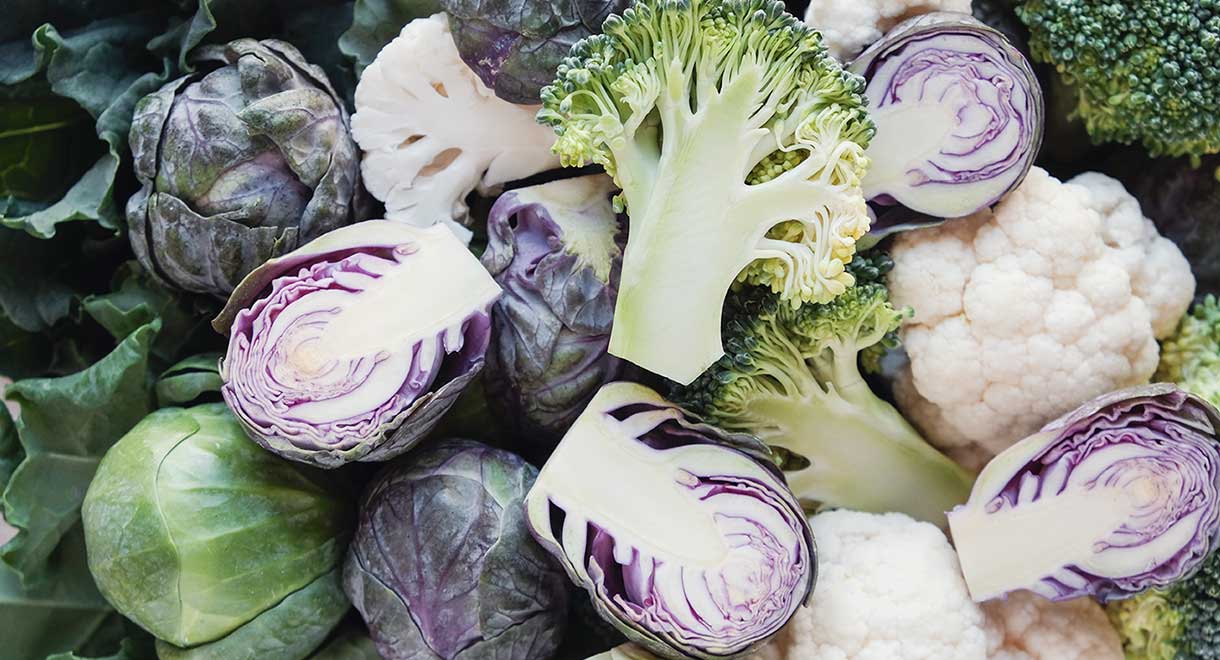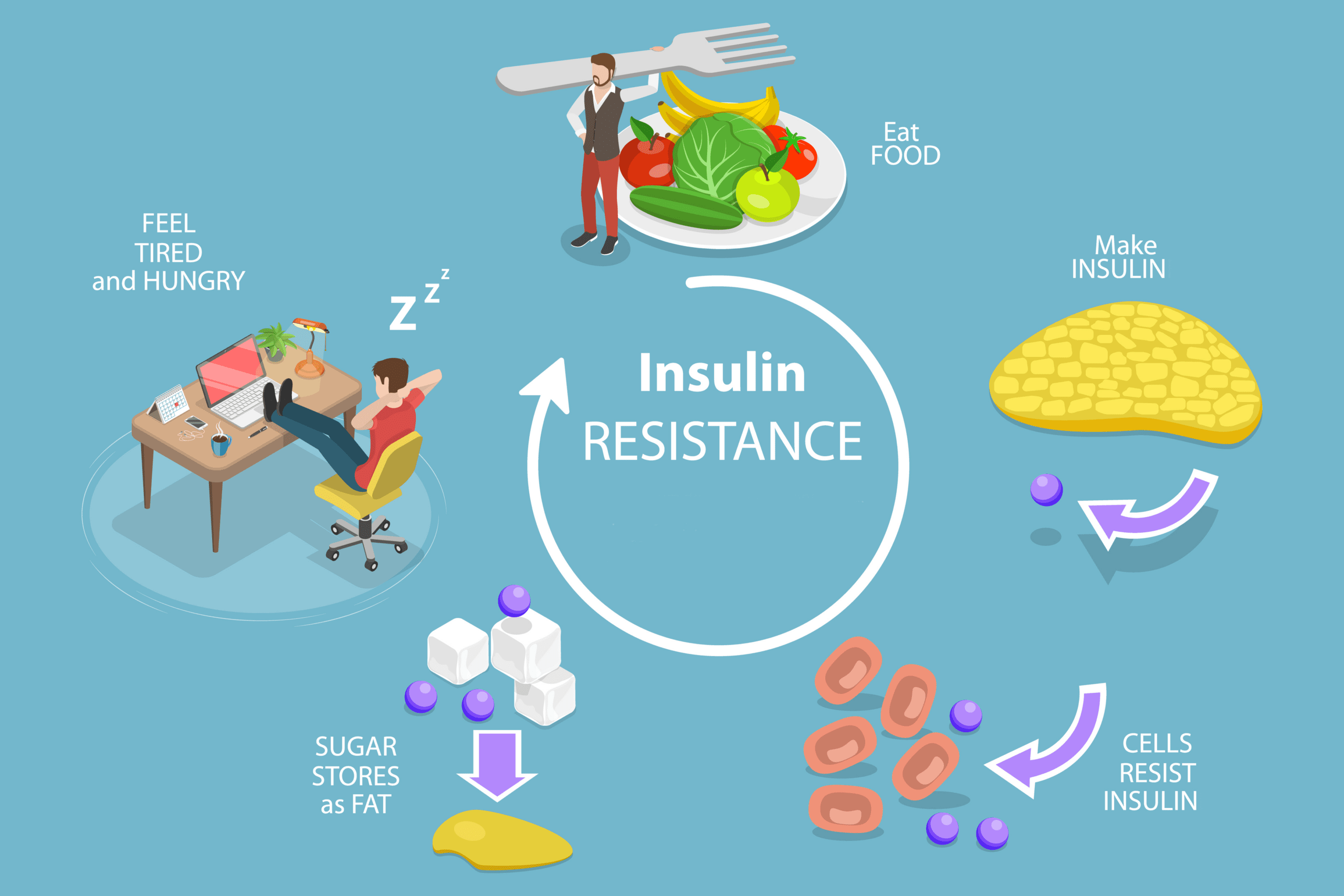Diabetics at risk of vitamin C deficiency
By naturopath Margaret Jasinska
Research has shown that many type 2 diabetics are not getting enough vitamin C. This weakens their immune system and makes it harder to overcome infections and heal wounds.
Vitamin C deficiency is referred to as scurvy. Typical symptoms include bleeding gums, easy bruising and depression. They are common symptoms that many people experience and don’t connect with vitamin C deficiency. Interestingly, scurvy is quite common in diabetics and can significantly delay the healing of wounds, particularly leg ulcers. Wounds that fail to heal can cause significant complications for older type 2 diabetics, such as amputations.
Vitamin C is required for collagen formation, and impaired collagen formation can speed up the rate of ageing, as well as compromise the health of your arteries.
Australian endocrinologists have said “Scurvy may be an overlooked cause of poorly healing foot ulcers in people with diabetes. Vitamin C deficiency was surprisingly common among patients attending a diabetes clinic who had delayed healing lower limb ulcers and a poor diet, diabetes specialists at Westmead Hospital in Sydney found.”
Diabetics most likely to be vitamin C deficient were those on a low income, older age, smokers, alcoholics and those with kidney disease. According to Professor Jenny Gunton, co-author of the study, “Foot ulcers that had been present for between three months and two years healed within 2-3 weeks of patients starting vitamin C replacement therapy of 500-1000mg/day.”
What a remarkable finding. It is very sad to see so many diabetic patients suffering needlessly. Vitamin C is such a safe and inexpensive solution. Vitamin C is present in all vegetables and fruits, but if your diet doesn’t contain a sufficient amount of these foods, I strongly suggest you take a vitamin C supplement.
When people think of vitamin C, oranges and kiwi fruit usually come to mind. If you’re a diabetic, I don’t recommend you eat much fruit, as it will probably raise your blood sugar. Fortunately there are good amounts of vitamin C in cruciferous vegetables (broccoli, cauliflower, cabbage), capsicum, spinach and pumpkin.
Preventing nutrient deficiencies can help reduce the risk of diabetic complications. For more information see our book Diabetes Type 2, You Can Reverse It. Collagen Food powder contains vitamin C, MSM, biotin, zinc and silica, which support the health of your connective tissue.









Leave A Comment